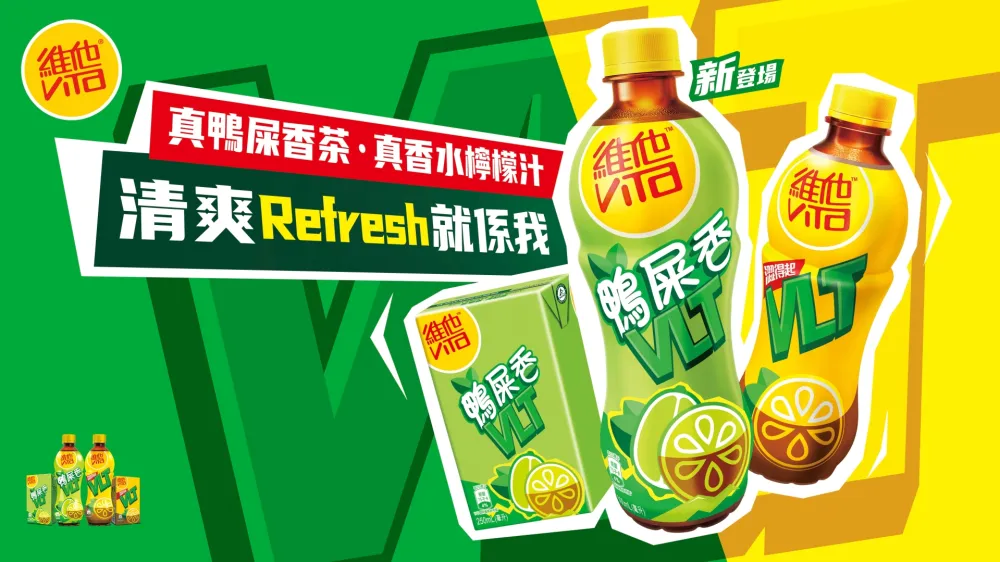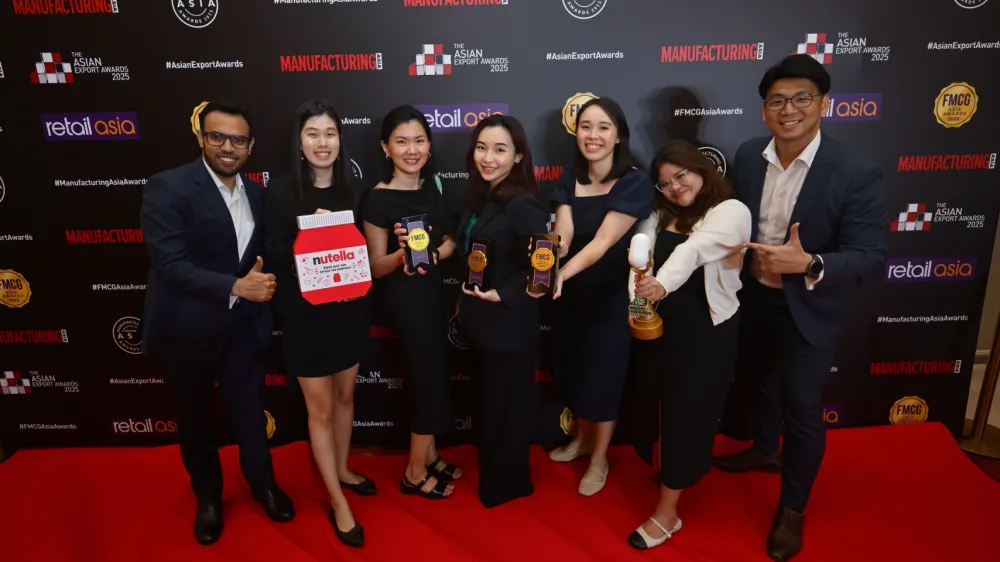
Is this the most technologically advanced supermarket in Asia?
Vusion Group has put its latest technology into this CS Fresh outlet in Singapore.
One of the most advanced supermarkets in Asia has just opened in Singapore’s Holland Village. The CS Fresh supermarket, a concept from retailing giant DFI Group, is a showcase of modern retailing technology, much of which has been installed by IOT technology leader Vusion Group.
Inside the store can be found a myriad of retail technology from Vusion Group, including 100 on-shelf cameras to monitor stock levels, the latest in electronic shelf labels, and all their Retail Media Solutions which provide brands with more touch points.
Retail Asia publisher Tim Charlton caught up with Pascal Gerbert-Gaillard, APAC Executive Vice President of Vusion Group, at the NRF retail show in Singapore in June. In Singapore, CS Fresh at Holland Village boasts one of Vusion Group’s most advanced technologies for displays.
“We do have all our retail media solutions present there, which are providing brands more touch points with the customers. Now, we are moving with the customer on all the data analytics side of the business,” Gerbert-Gaillard said. Each shopping rack has cameras pointed at the rack opposite, which when combined with AI, allows the store to keep an exact count of inventory, removing the need to do manual stock takes and automatically alerting staff if items are running low. The Electronic Shelf Labels (ESLs) also pack a point of difference because they flash a small LED for in-store pickers to alert them where to find an item when they are fulfilling online orders. As the picker walks down an aisle, the label flashes, alerting them to the exact place to find the needed item. “A picking list will be integrated through API with the back of the system to kickstart all the LEDs. We can also do a store map, a roadmap for pickers to be far more efficient,” Gerbert-Gaillard said.
Vusion has also upgraded the way these in-store devices communicate with each other and the computer system controlling them. Gerbert-Gaillard said that in the past, communication protocols ran on low frequency, similar to AM/FM radios, which limited retailers to store data in a physical server located within the supermarket premises. “Over time, this communication protocol evolved into Wi-Fi that operated on a 2.4 GHz frequency. Today, Vusion Group has elevated this solution by developing a new, Bluetooth-based version. Recently deployed in Walmart stores in the United States, the new protocol conducts sanity checks on shelves, providing visibility of an entire store to the retailers,” he added.
Vusion Group currently collaborates with Microsoft to post data to the Cloud instead of a physical on-premise server. The company currently has 100 million IoT devices in the Cloud with Microsoft, making it the largest IoT platform in the world. With the deployment of the solution in Walmart stores, Gerbert-Gaillard estimates that the number will skyrocket to 1 billion devices in the Cloud in 2027.
Sustainability and second life
With a growing focus on sustainability, ESG (environmental, social, and governance) practices are becoming increasingly important to both eco-conscious customers and retailers looking to attract them. Customers are willing to spend more on products and services from companies that prioritise ESG initiatives, whilst retailers are implementing sustainable solutions or sustainability policies to reduce their environmental impact and meet customer expectations.
As organisations integrate such policies into their practices, Vusion Group is committed to helping them achieve their ESG goals. In support of this, the company has developed ESL batteries that could last up to 15 years, depending on usage. A solar-powered rail display is also being rolled out in 2,600 out of 4,700 Walmart stores, which could potentially reduce the retailer’s carbon footprint by over 50 percent.
Aside from these developments, Vusion Group also runs a “second life” programme for its devices. The company collects or buys back its IoT devices from retailers, disassembles them, and reuses tenable parts.
“Depending on the status, we reformat them, refurbish them and resell them at a lower price or to some of the retailers who are not willing to invest in the latest technology,” said Gerbert-Gaillard.
Meanwhile, heavily damaged parts that cannot be repurposed will be disposed of following regulations in the countries where the company operates.
“Our goal hasn't changed since the beginning, but we're just going to the next phase, bringing more solutions, better solutions, to the markets,” he said.
Gerbert-Gaillard said the next advancement was racks, which contain a charging bar much like a rail network has a third rail. This means the ESLs and cameras do not need batteries, further extending their lifespan and being more sustainable. Some of these are now being solar powered from the in-store lighting. “So instead of having a collection of each and
every device with basically one battery, you only have one centrally powered rail. And on top of this, next year we are releasing a solar panel powered rail. So for ESG compliance, this is a more than 50% carbon footprint reduction compared to the standard.”



















 Advertise
Advertise







